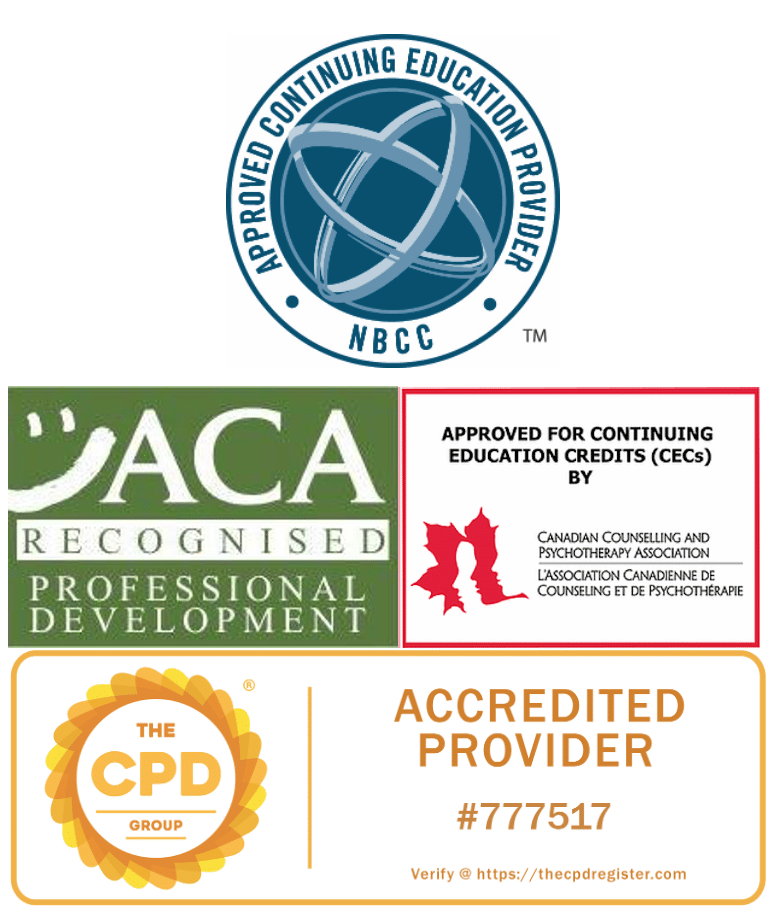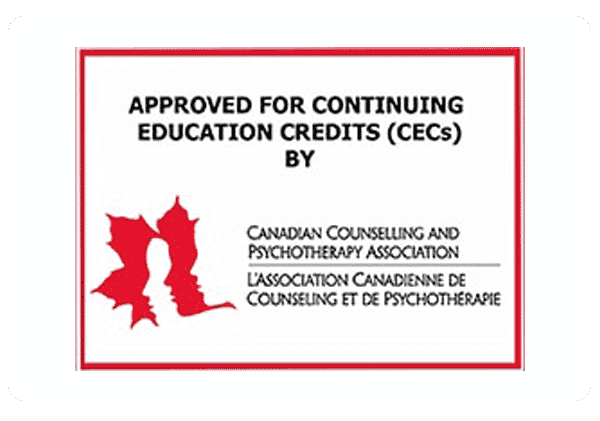4-Part Series: Trauma and Attachment Therapy Experiential Interventions – Terry Levy
Early attachment experiences affect the wiring and biochemistry of the brain, create core beliefs and narratives, and form the template for future relationships. Early developmental trauma (i.e., disrupted and compromised attachment) often causes depression, anxiety, shame, emotional dysregulation, somatic symptoms, and antisocial behavior.
In this webinar series, trauma and attachment expert, Terry M. Levy, Ph.D., teaches you the concepts and skills necessary to facilitate positive change with clients who are experiencing trauma and attachment wounds. Via PowerPoint presentation and clinical videos, you will learn effective therapeutic techniques to help children, adults, couples and families achieve trauma resolution and develop secure attachment in their relationships. Read More
Clinical videos will illustrate how experiential interventions promote change and healing regarding the following issues:
TRAINING information
Early attachment experiences affect the wiring and biochemistry of the brain, create core beliefs and narratives, and form the template for future relationships. Early developmental trauma (i.e., disrupted and compromised attachment) often causes depression, anxiety, shame, emotional dysregulation, somatic symptoms, and antisocial behavior.
In this webinar series, trauma and attachment expert, Terry M. Levy, Ph.D., teaches you the concepts and skills necessary to facilitate positive change with clients who are experiencing trauma and attachment wounds. Via PowerPoint presentation and clinical videos, you will learn effective therapeutic techniques to help children, adults, couples and families achieve trauma resolution and develop secure attachment in their relationships. Read More
Clinical videos will illustrate how experiential interventions promote change and healing regarding the following issues:
Module 1
Module One: Facilitating Mother-Daughter Attachment
This 7 year old female was adopted from a Siberian orphanage at 2 ½ years of age, where she suffered abuse and neglect. At the time of this trauma and attachment-based child and family therapy, she had the following symptoms: aggression, lying, stealing, impulsivity, rages, cruelty to animals, lack of remorse, and lack of attachment with her parents. This session focuses on grieving losses, reducing defenses, mitigating negative mother-child dynamics, and enhancing the mother-daughter bond.
Learning Objectives:
- Describe the 4 stages of the First Year of Life Attachment Cycle.
- List the cues of attachment between babies and caregivers.
- Explain the Internal Working Models of children with secure and compromised attachment.
Module 2
Module Two: Creating Secure Attachment in Couples Therapy
The wife was raised in an intellectual and non-emotional family and developed an avoidant attachment style. The husband was the victim of abuse and neglect, and developed anxious attachment. By using clinical information from the Life Script, and employing Attachment Communication Training, they learned constructive communication and conflict-management skills, changed their negative relationship patterns, achieved secure attachment (trust, safety, security, intimacy, honest and open communication), and became a unified co-parenting team.
Learning Objectives:
- List four childhood and adult attachment patterns.
- Describe the Life Script assessment procedure.
- Employ Attachment Communication Training with couples.
Module 3
Module Three: From Victim to Overcomer
This 42 year old woman came with her husband to our Intensive Outpatient Psychotherapy (IOP) program, due to her history of abuse, neglect, early developmental trauma, and complex PTSD. Her symptoms included anxiety, depression, suicidal ideation, anger, dissociation, chronic fatigue, and marital conflict. The first video clip demonstrates an experiential intervention, psychodramatic reenactment, to help her transition from victim (helpless, powerless, self-contempt) to overcomer (empowered, confident, self-acceptance). The second video clip illustrates Attachment Communication Training, to enhance understanding, support and secure connection in the marital relationship.
Learning Objectives:
- Identify the 4 symptom categories of PTSD.
- Explain the 5 components of experiential interventions that result in positive outcomes.
- Describe how the use of psychodrama can lead to mastery over trauma.
Module 4
Module Four: Helping a Teen and Her Parents Connect: Healing Avoidant/Anxious Attachment
This 14 year old daughter developed avoidant and anxious attachment patterns (rejecting, deactivated attachment needs, mistrustful, emotionally dysregulated) as a result of early developmental trauma and “failure to thrive” during infancy. Her symptoms included depression, anxiety, eating disorder, self-harm (cutting), suicidal ideation and attempt, and alienation and defiance with her parents. Therapy included experiential interventions (First Year Attachment Cycle, Inner Child Metaphor, Psychodramatic Reenactment) to address early loss, unresolved grief, self-contempt, self-defeating narratives, and facilitating secure attachment with her parents.
Learning Objectives:
- Describe the 4 therapeutic goals of the First Year Attachment Cycle intervention.
- Apply the Inner Child Metaphor intervention in a clinical situation.
- Identify the therapeutic factors of Psychodramatic Reenactment.
About Terry

Dr. Levy was the founder and previous director of the Family Life Center (Florida) and the Miami Psychotherapy Institute, which offered family systems treatment and training. He was co-founder and past-president of the board of directors of the Association for Training on Trauma and Attachment in Children (ATTACh), an international organization dedicated to attachment and its critical importance to human development. Dr. Levy is a clinical member of the American, Colorado, and Florida Psychological Associations, American and Colorado Associations of Marriage and Family Therapy, and the American Family Therapy Academy.
CPD/CE
CPD/CE/NBCC Hours: 1 for each module











